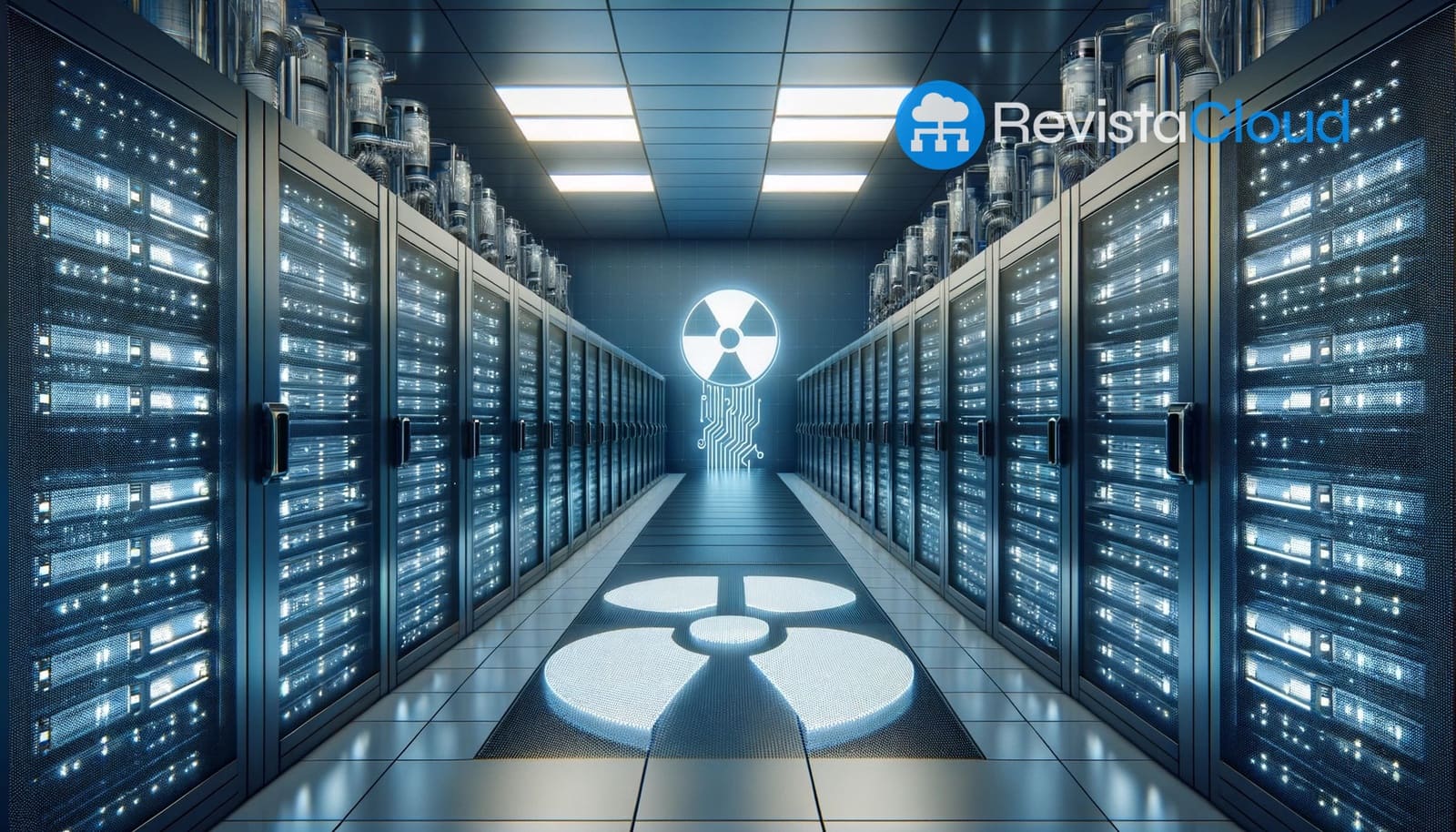Amazon Web Services (AWS) has launched an unprecedented project by announcing a $20 billion investment to transform a nuclear power plant into a hub of advanced cloud infrastructure in Pennsylvania. By converting the old Three Mile Island plant and building adjacent facilities, the company aims to establish the first data center core directly powered by nuclear energy, optimized for artificial intelligence.
A decisive step toward energy sustainability
AWS faces increasing energy demands to train and operate advanced AI models. Committed to achieving net-zero emissions by 2030, Amazon recognizes the limitations of conventional renewable energies. Nuclear energy offers a guaranteed capacity, with over 90% plant load factor and no intermittency, making it a strategic choice for high-density infrastructure.
Beyond controversy: Three Mile Island regains life
The historic 1979 accident at Three Mile Island is in the past. AWS has taken over the facilities and will install liquid cooling, high-density racks (>40 kW), clusters based on Inferentia and Trainium chips, and enhanced cybersecurity capabilities.
The original plant, capable of generating 852 MW, will be complemented by two modular reactors of 300 MW each, operational by 2028, reaching more than 1,400 MW of clean energy. This model marks the first case of a tech company directly owning a nuclear source for data centers.
Local impact and economic revitalization
The plan will create approximately 3,500 jobs during construction and 800 permanent positions. The projected local economic impact is around $10 billion. AWS has also signed agreements with universities like Penn State and Carnegie Mellon to promote STEM training and applied research in AI and nuclear energy.
AWS leads a shift in the cloud industry
Amazon is not alone. Microsoft plans to restart Unit 1 of Three Mile Island by 2028, and Google and Meta are investing in modular reactors for their facilities. This trend reflects a conscious strategy: responding to the explosive growth in data center energy consumption, which could reach 1,000 TWh annually before 2030.
Regulatory challenges and public acceptance
However, nuclear plants still face resistance. Amazon’s plan will undergo rigorous regulatory review by the NRC and will address issues related to safety, waste management, and public perception. The company has announced transparency campaigns and community consultations.
Conclusion: the new energy standard for the cloud?
AWS’s initiative redefines the energy paradigm of data centers. Integrating nuclear plant ownership, modular reactors, and steady clean energy could set a new standard for the cloud industry—especially as sustainability regulations tighten and AI capabilities expand.
If proven viable and safe, this model could radically change energy consumption dynamics in technology, transforming data centers into clean energy powerhouses.

